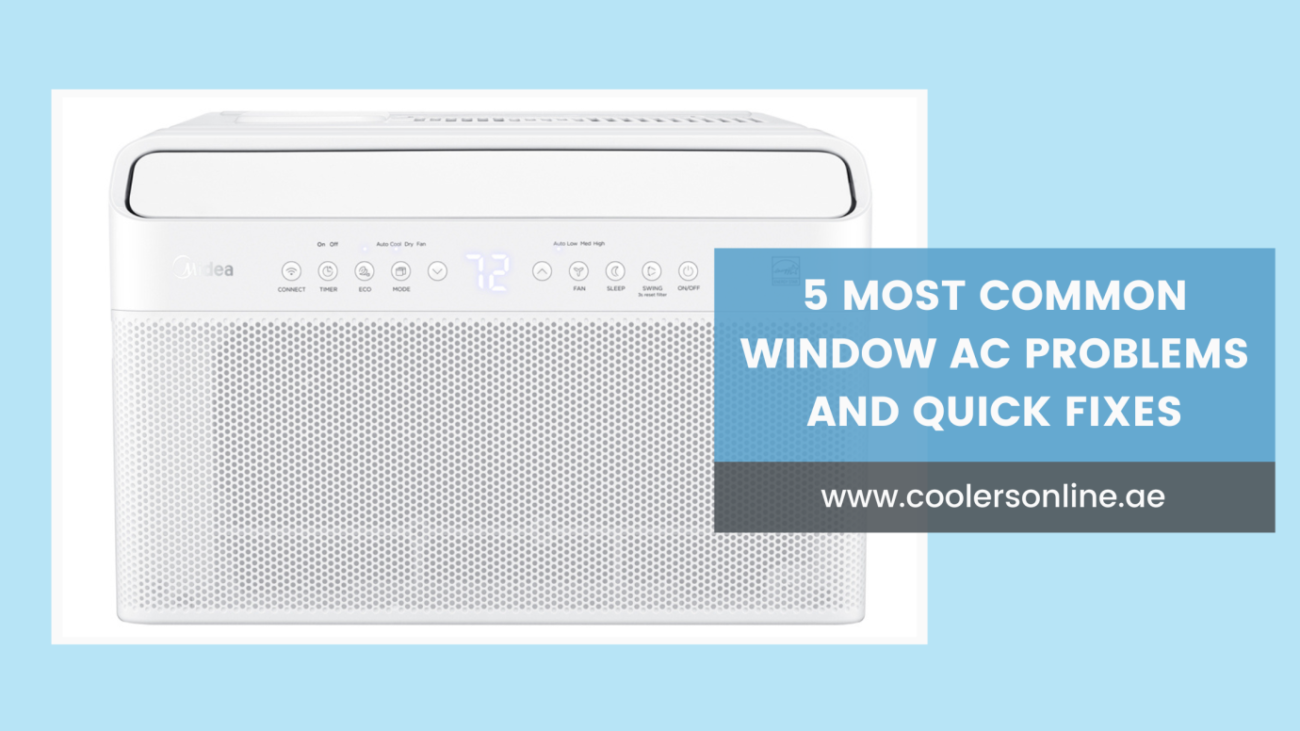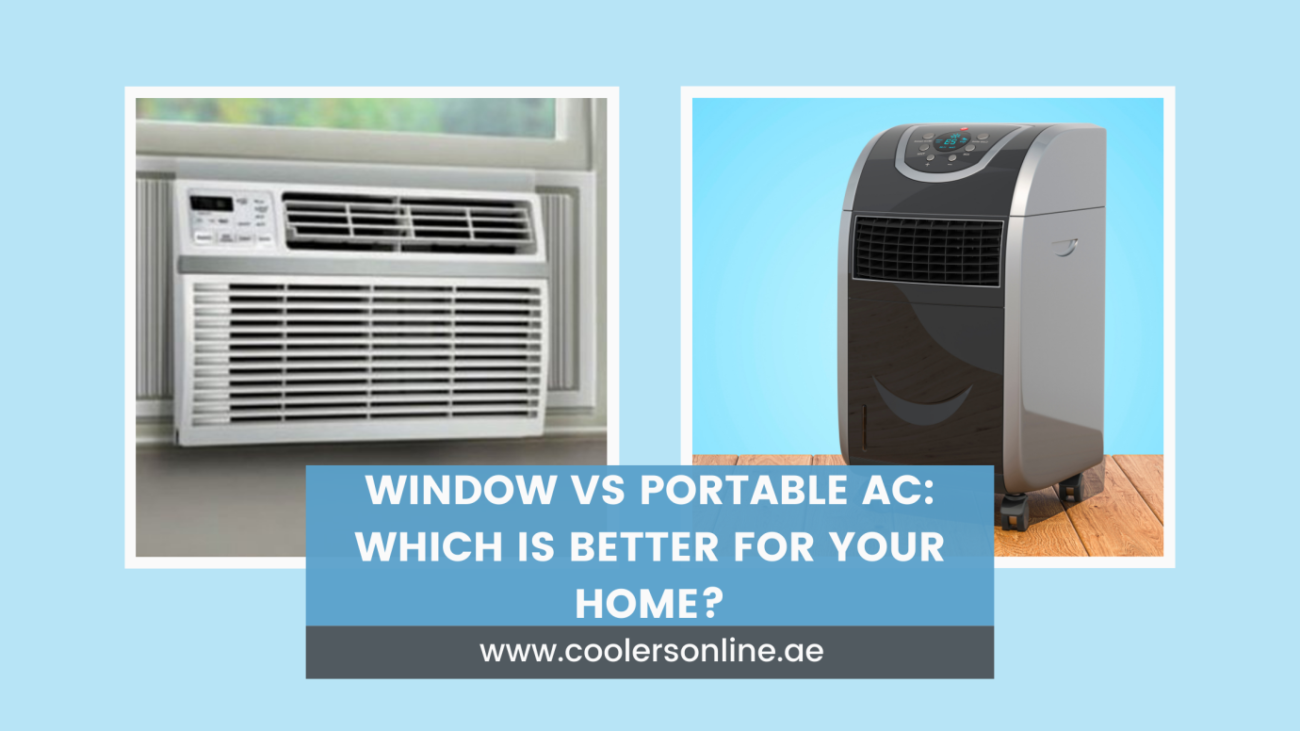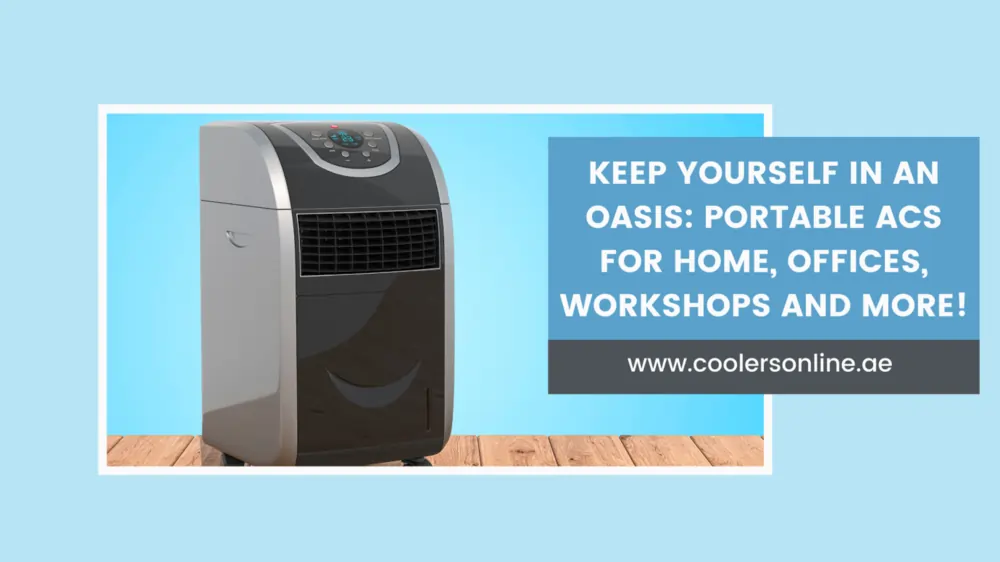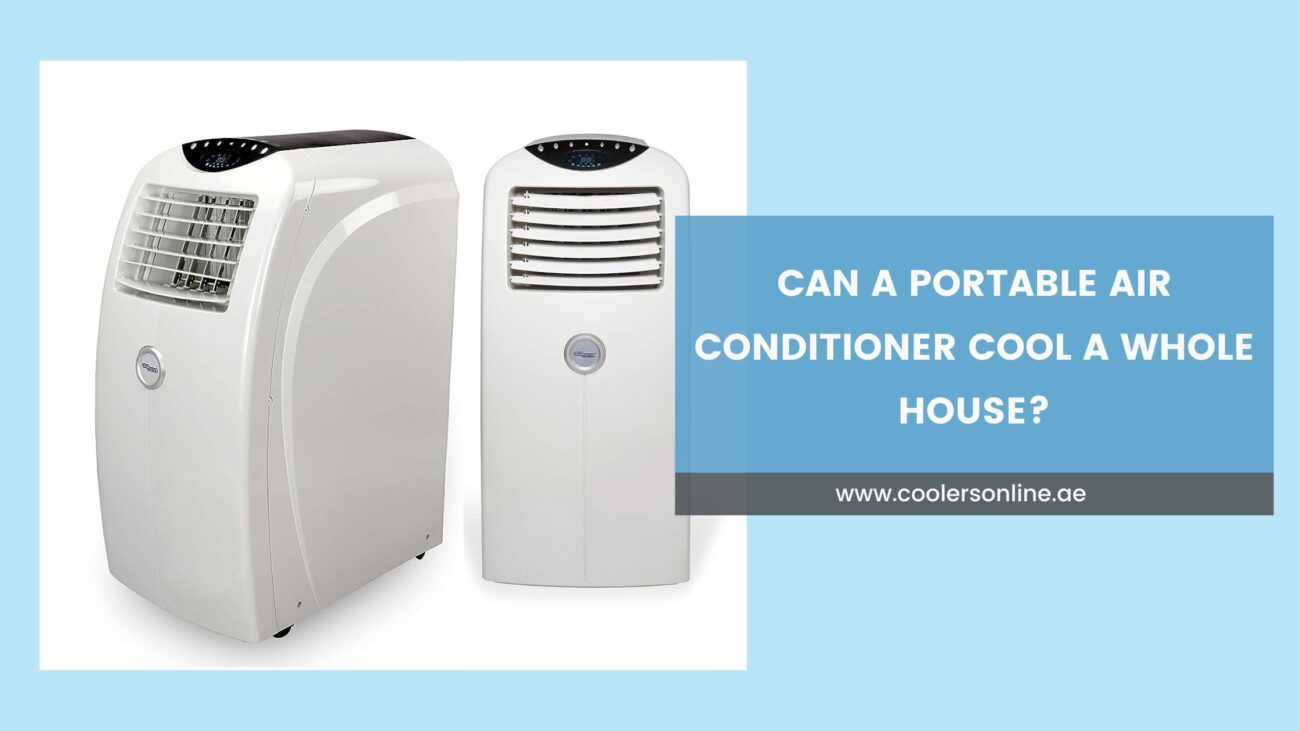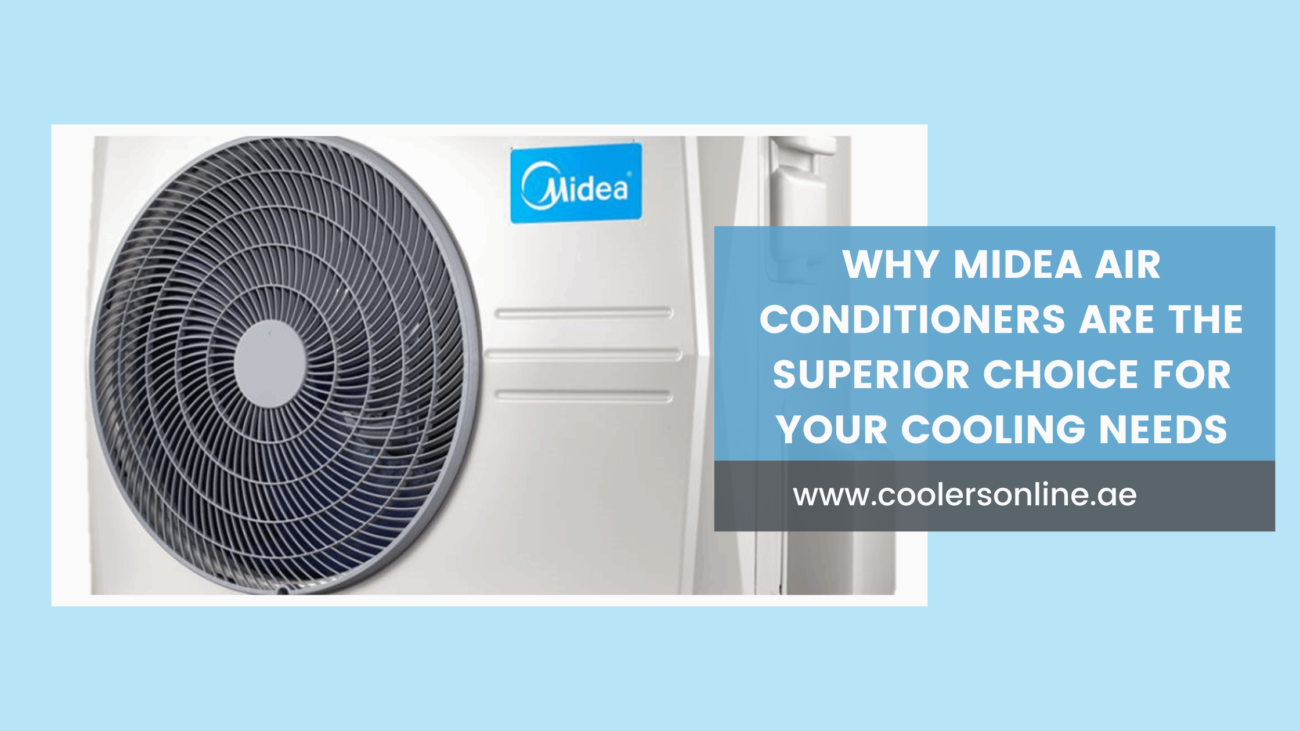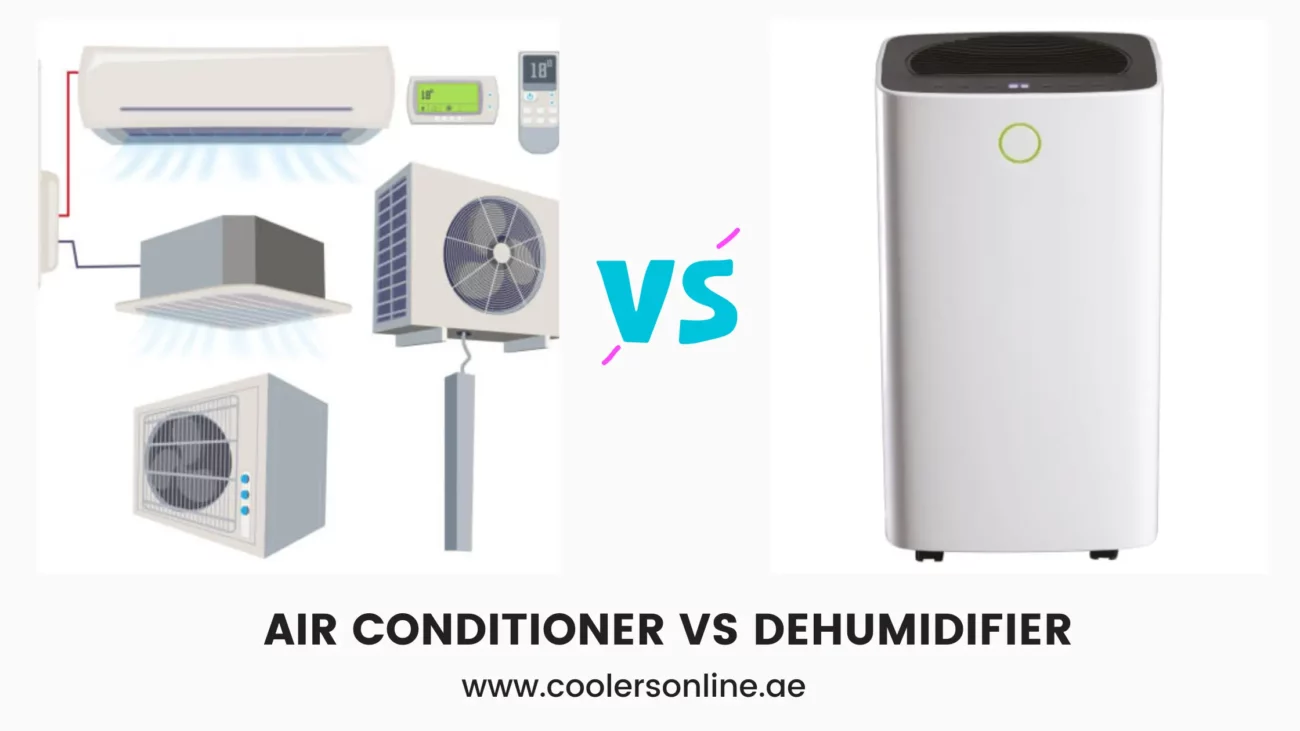When the scorching heat of summer arrives, a reliable air conditioning unit becomes an essential addition to any living space. Window air conditioners, commonly referred to as window AC units, are popular choices for cooling single rooms or smaller areas. However, selecting the right BTU (British Thermal Units) window AC unit can be a daunting task, given the array of options available in the market. In this guide, we’ll break down the key factors you need to consider to make an informed decision and keep your space comfortably cool.
Points to be Considered When Buying AC
-
Understanding BTU Ratings
BTU, or British Thermal Units, is a measurement of an air conditioner’s cooling capacity. A higher BTU rating indicates a greater cooling power. However, choosing an excessively high BTU unit for a small space can result in inefficient cooling and higher energy consumption.
-
Determining the Appropriate BTU Capacity
To determine the right BTU capacity for your room, consider the room’s square footage. As a rule of thumb, you’ll need about 20 BTUs per square foot. Measure the length and width of your room, and multiply them to get the square footage.
-
Noise Levels and Comfort
Window AC units can generate noise, impacting your comfort and peace of mind. Look for units with lower noise levels, especially if the AC will be installed in a bedroom or quiet space.
-
Sizing the Window Opening
Check the dimensions of the window opening where the AC unit will be installed. Make sure the unit fits snugly to prevent air leaks and improve efficiency.
-
Energy Efficiency Considerations
Look for window AC units with an Energy Star certification. These units are designed to be more energy-efficient, which can lead to lower electricity bills and reduced environmental impact.
-
Decide on Extra Features
- Programmable thermostats, timers, and remote control
- Multiple fan speeds
- Dehumidifier mode
- Auto restart after a power outage
-
Choose Installation Type
- Window units vs. through-the-wall vs. Portable
- Double-hung, sliding, or casement windows
- Consider noise levels and visibility from outside
-
Budget and Cost Factors
Set a budget for your window AC unit. While it’s tempting to opt for the cheapest option, investing a bit more in a quality unit can pay off in terms of efficiency and longevity.
- Environmental Impact
Consider the environmental impact of the refrigerants used in the unit. Opt for units with more eco-friendly refrigerants that have a lower impact on the ozone layer and global warming.
Comparing Different Window AC Models
- Look at the BTU rating – Higher BTUs provide more cooling power for larger spaces. Match it to the room size.
- Check the Energy Efficiency Ratio (EER) – Higher EER ratings mean greater efficiency and lower operating costs.
- Consider any advanced features – Options like programmable timers, smart controls, wifi, etc.
- Review noise levels – Measure in decibels (dB). Lower dB is quieter. The ideal is below 60 dB.
- Compare warranties – Longer warranties on the sealed system and parts indicate better quality.
- Research efficiency certifications – ENERGY STAR units meet strict efficiency guidelines.
- Read customer reviews – Get feedback on real-world performance, noise and ease of use.
- Determine sizing, installation and maintenance needs – Consider your window dimensions, electrical requirements and accessibility.
- Know the major brands – Compare product lines among brands like Supergenral, Carrier, Midea, Akai, Westpoint, etc.
- Consider your budget – Prices range widely based on features and capacity. Determine how much you can spend.
Research Top Brands for Your Window Air Conditioners
Doing thorough research on factors like technology, efficiency, durability, value, and brand reputation will help you determine which manufacturer offers the optimal air conditioning solutions for your needs and budget.
- Super General: Super General is a brand that offers a wide range of home appliances, including air conditioners. They are known for providing cost-effective cooling solutions with a focus on efficiency and reliability. Super General air conditioners are designed to cater to different room sizes and cooling requirements.
- Midea: Midea is a global manufacturer of appliances and air conditioning systems. They are recognized for their innovative technology and energy-efficient products. Midea’s air conditioners often feature advanced features such as inverter technology, smart controls, and eco-friendly refrigerants.
- Carrier: Carrier is a well-established brand in the air conditioning industry. They are known for pioneering modern air conditioning systems and introducing technologies like central air conditioning and split systems. Carrier emphasizes energy efficiency, comfort, and durability in their products.
- O General: O General is a brand that focuses on providing high-quality air conditioning solutions. They offer a range of air conditioners designed for various climates and cooling needs. O General’s products are known for their robust performance and ability to handle extreme temperatures.
- Bompani: Bompani is a brand that offers a variety of home appliances, including air conditioners. While it might not be as widely recognized as some other brands on the list, Bompani’s air conditioning products often emphasize a blend of functionality, design, and affordability.
- Westpoint: Westpoint is a brand that manufactures a range of home appliances, including air conditioners. They are known for providing budget-friendly options without compromising on essential features. Westpoin
Tips for Extending the Lifespan of Your Window AC Unit
- Clean the air filters regularly – Clogged filters reduce airflow and efficiency. Clean the reusable filters monthly or replace disposable ones.
- Clear debris from the outside unit – Ensure unobstructed airflow by removing leaves, dirt and other debris around the exterior.
- Use a cover in the off-season – Protect your AC from weather damage by covering it when not in use during fall and winter.
- Keep the coils clean – Use a commercial coil cleaner or mild soap and water to clean the condenser and evaporator coils.
- Check for refrigerant leaks – Have an HVAC technician inspect for leaks and recharge the refrigerant if needed.
- Install the unit securely – A solid, vibration-free installation prevents damage from shaking and movement.
- Keep air flow unrestricted – Don’t block vents or cold air return with furniture or objects.
- Consider a hard start kit – Hard start kits help compressors start-up easily to reduce wear.
- Run a periodic maintenance check – Have an HVAC professional do a tune-up to keep the AC operating optimally.
- Replace worn or damaged weather seals – Check that seals around the body and slider are intact to prevent air leaks
Common Window AC Mistakes to Avoid
Getting the most out of your window air conditioning unit requires avoiding some common mistakes. Proper sizing of the space, securing the installation, and keeping vents unobstructed is critical to ensure good airflow and efficiency. It’s also important to regularly clean the filter and coils while avoiding frost buildup. Avoid common mistakes such as installing the unit in direct sunlight or obstructing the airflow. Running the AC 24/7 can overwork and damage the system over time. Lack of periodic maintenance like tune-ups shortens the lifespan as well. Additional mistakes involve improper winterization, setting the temperature too low, and forgetting to cover the unit when not in use. Being mindful to avoid these issues will extend the life of your window AC and keep it performing optimally each cooling season. With good care and maintenance, you can get many years of reliable service from a quality window air conditioner.
Conclusion
Choosing the right BTU window AC unit involves a careful assessment of your room size, budget, energy efficiency preferences, and desired features. By considering these factors and comparing different models, you can ensure optimal cooling comfort during the hot summer months.
Frequently Asked Questions
Q1: What is the ideal BTU rating for a small bedroom?
A: For a small bedroom, a window AC unit with a BTU rating between 5,000 and 7,000 is usually sufficient.
Q2: Can I install a window AC unit myself?
A: Yes, many units are designed for DIY installation. However, if you’re not comfortable, professional installation is recommended.
Q3: Are Energy Star-rated units worth the investment?
A: Yes, Energy Star-rated units are more energy-efficient and can lead to long-term savings on your energy bills.
Q4: How often should I clean the filters?
A: It’s recommended to clean or replace the filters every 1 to 2 months, depending on usage.
Q5: Do window AC units dehumidify the air?
A: Yes, window AC units remove some humidity from the air as they cool, contributing to a more comfortable indoor environment.

























